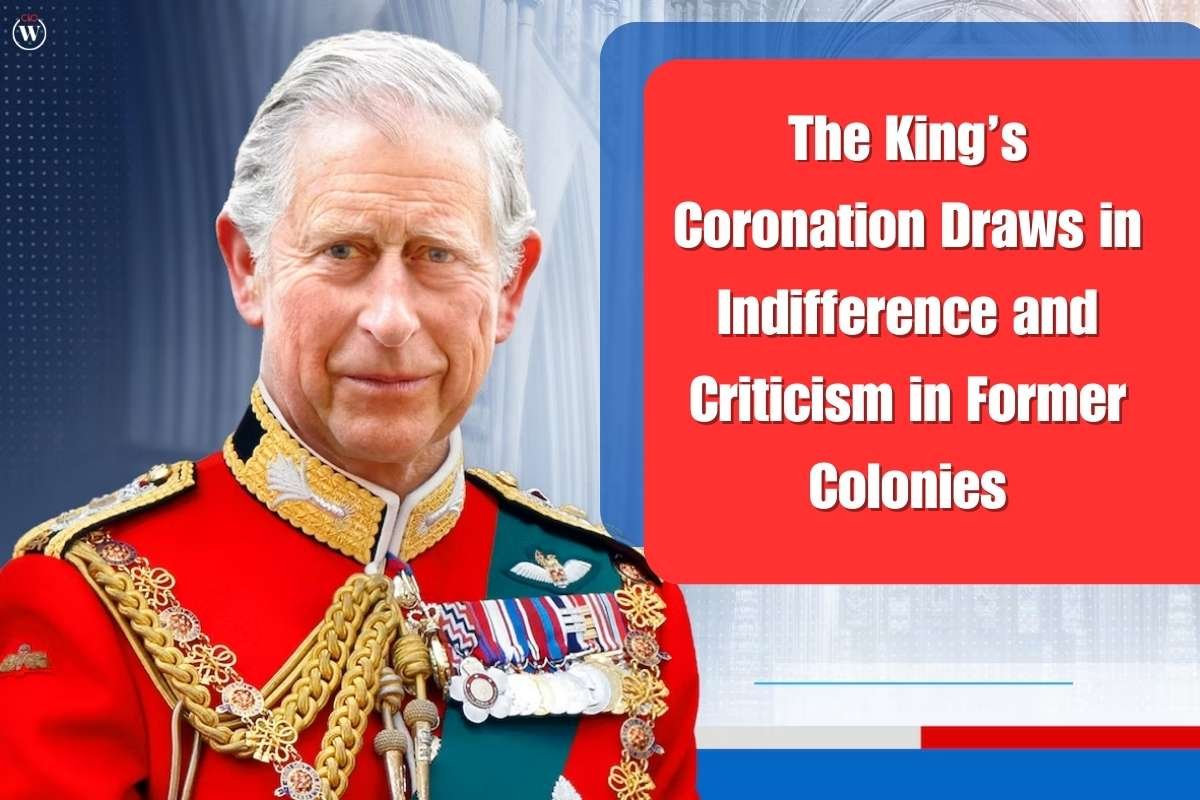Soldiers bearing flags from the Bahamas, South Africa, Tuvalu, and other nations will march with British forces in a grand military procession in honour of King Charles III on Saturday.
The scene may serve to strengthen the bonds between Britain and its former colonies for some. However, Charles’ Kings Coronation is at best viewed with apathy by many in the Commonwealth, a group of nations made up primarily of territories once claimed by the British Empire.
The first Kings Coronation of a British monarch in those nations in 70 years serves as a moment for reflection on oppression and the brutal history of colonialism. The spectacle on display in London will be unsettling, especially in light of the mounting calls in the Caribbean to break all connections to the monarchy.
What the Nations Have to Say
“Interest in British royalty has waned since more Jamaicans are waking up to the reality that the survivors of colonialism and the holocaust of slavery are yet to receive reparatory justice,” the Rev. Sean Major-Campbell, an Anglican priest in the Jamaican capital, Kingston, said.
The Kings Coronation is “only relevant insofar as it kicks us in the face with the reality that our head of state is simply so by virtue of biology,” continued Major-Campbell.
Charles serves as the sovereign of 14 other nations in addition to the United Kingdom, however, this position is mostly ceremonial. These countries, which also include Australia, Canada, Jamaica, Papua New Guinea, and New Zealand, make up a small portion of the 56 Commonwealth members; the majority are republics, though some still fly the Union Jack on their flags.
Experts claim that the Commonwealth still has appeal, particularly for poorer countries, despite its shortcomings, historical baggage, and eroding edges. The association’s newest members last year were the former French colonies of Gabon and Togo, which have no historical ties to Great Britain. Most observers think that nations like Jamaica, which favor an elected head of state, will continue to be members.
Professor of Black Studies at Birmingham City University Kehinde Andrews remarked, “Countries feel like they need to have this closeness to Britain as an economic entity, whether they benefit or not.” Even though (Charles) is not as well-liked as his mother, there will still be some opposition because of the economy. ___









